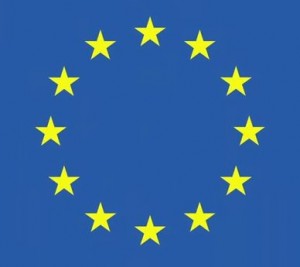
24 June 2020. FRANKFURT (Reuters) – The European Central Bank agreed to give vital documents to German authorities to prove the proportionality of ECB policies, two sources said, in a step to defuse a challenge threatening to undermine its powers to keep the euro zone together.
Germany’s Constitutional Court ruled in May that the ECB overstepped its mandate with over 2 trillion euros of government bond purchases, ordering the Bundesbank to quit the scheme unless the ECB can prove proportionality within three months.
The ruling set off an unprecedented legal conflict with a national court looking to exert jurisdiction over an institution of the European Union and trying to curtail its policy framework, seen as an encroachment on ECB independence.
In a compromise deal, the ECB agreed on Wednesday to give unpublished documents underpinning its policy decisions to Bundesbank chief Jens Weidmann, who can then present them to the German parliament and government, as demanded by the court ruling.
The sources added that while the documents are unpublished, many were already provided to the European Court of Justice when it discussed and cleared the disputed asset purchase programme, the sources said
An ECB spokesperson declined to comment.
With the release of the documents, the next step is for the German government and the Bundestag to assess whether they consider the scheme proportional.
Wednesday’s decision allows the ECB to help the Bundesbank meet a deadline set by Germany’s Constitutional Court while not directly responding to the German judges, which could set a dangerous precedent for national courts to challenge EU institutions that fall under the jurisdiction of EU courts.
With inflation expectations falling rapidly, the ECB started buying government bonds en masse in early 2015, all in the hope that this would reduce borrowing costs, induce investment, lift employment and eventually generate inflation.
Known as “quantitative easing”, such bond purchases were untested in the euro zone then but are now widely used by all major central banks and proved vital during the current pandemic-induced crisis.
But critics say that such a scheme does more harm than good as it amounts to covert financial aid for fiscally irresponsible governments and hooks them on cheap credit, making normalisation difficult.
It also keeps inefficient, unviable companies afloat and robs savers of their interest income, critics add.




